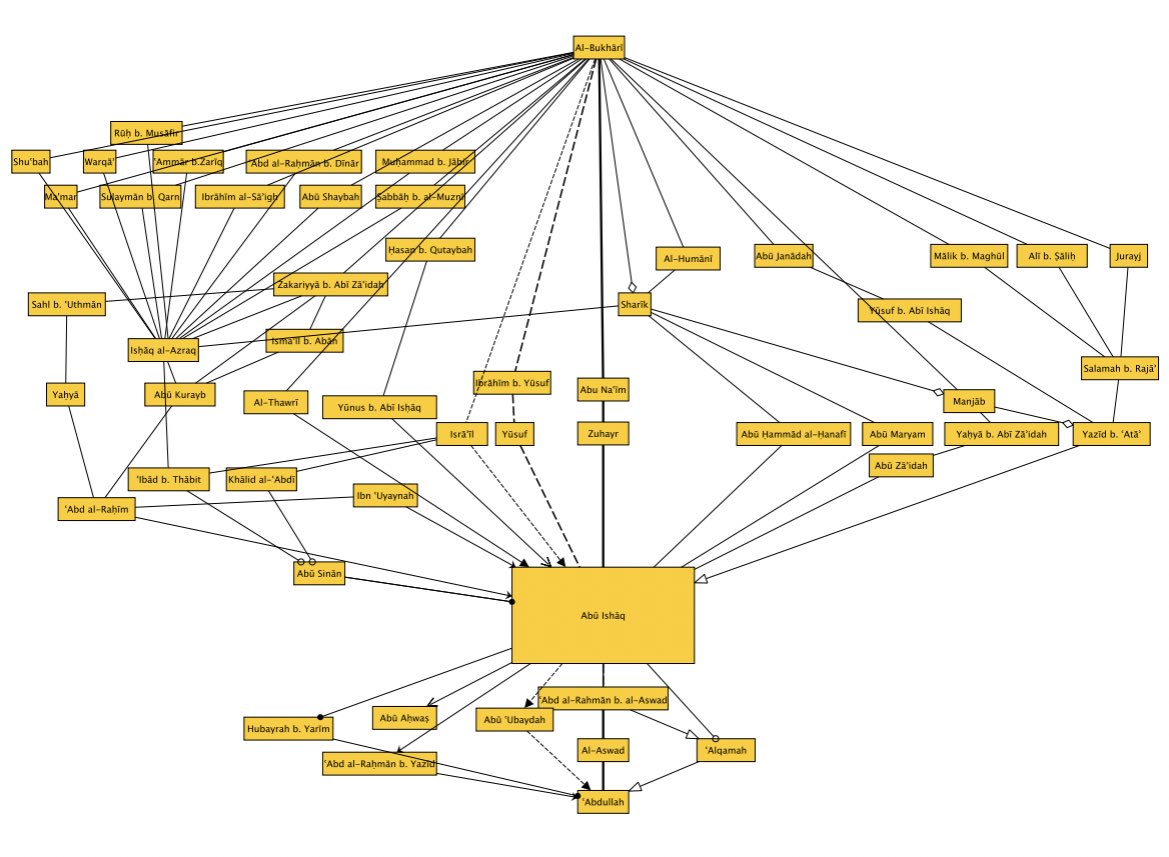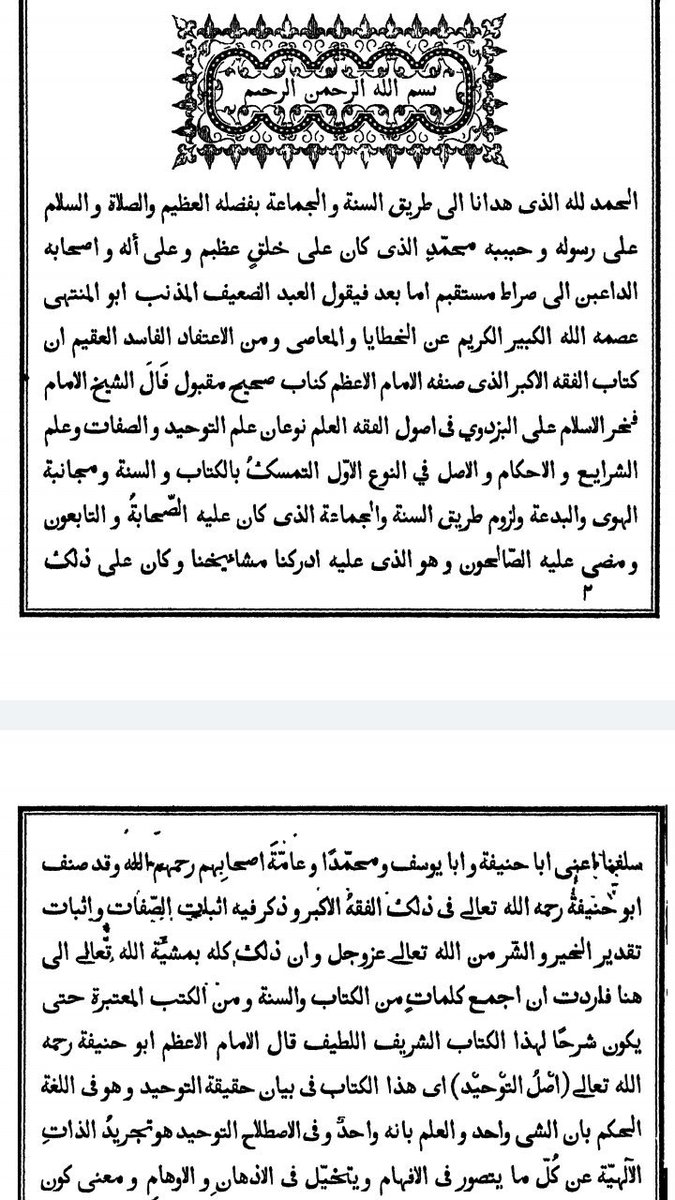
Senior Lecturer in Islamic Studies @CMC_Cambridge | Maturidi and Husserl | Editor: Edinburgh Studies in Islamic Scripture and Theology https://t.co/eOc3SA9nph
How to get URL link on X (Twitter) App


 After tracing all these chains (not relying on the books that survive till today), Daraqutni still holds the version given by al-Bukhari is the best. But he sounds a note of concern over the degree of differences being cited on the authority of Abu Ishaq, i.e. the common link.
After tracing all these chains (not relying on the books that survive till today), Daraqutni still holds the version given by al-Bukhari is the best. But he sounds a note of concern over the degree of differences being cited on the authority of Abu Ishaq, i.e. the common link.
https://twitter.com/therealsidky/status/1418667335251075075Now, I understand why theological commitment to the Arabic Qur’an as divine attribute can lead to what Hythem calls “special pleading”. But it is perfectly possible to account for these minor variations without generating any theological problem. In fact, there are multiple ways.
https://twitter.com/DrJavadTHashmi/status/1401699424980684803for a handy reference for this point I had noticed about isnad-matn and he was a bit baffled. He said to the effect it was everything. It's very revealing that you assume Muslim tradition didn't preserve such knowledge and that it had to be "discovered" by a Western academic.
